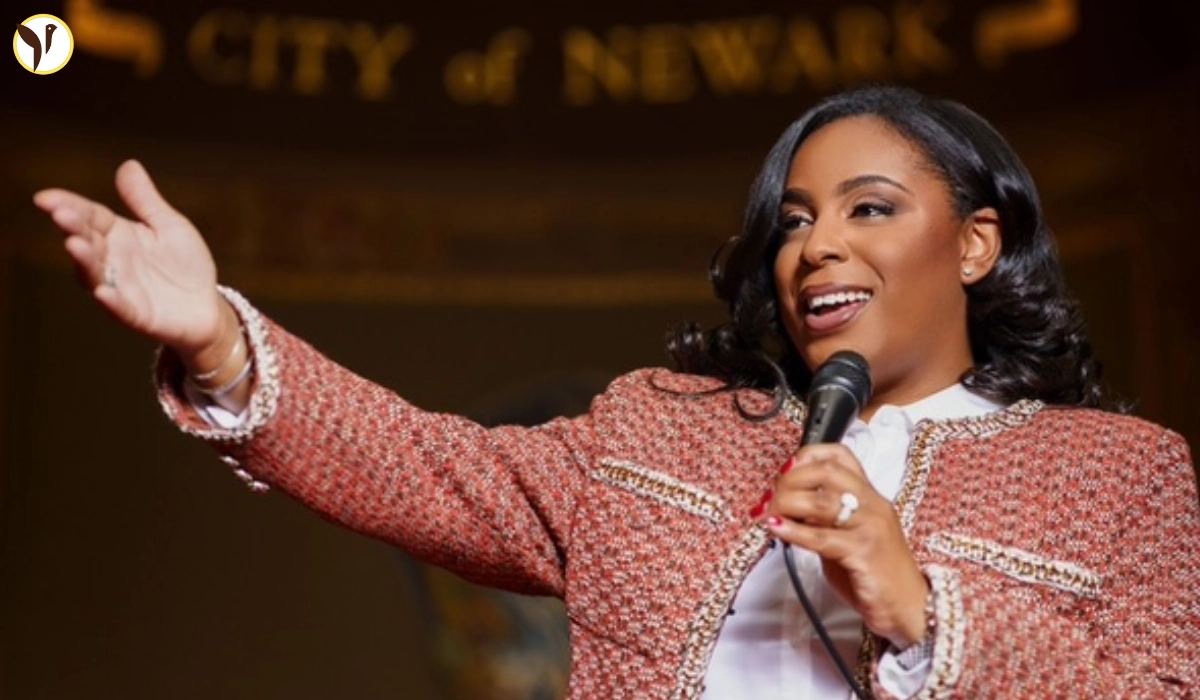Conflict at ICE Facility and Charges Against LaMonica McIver
After a tense conflict was met with an ice discovery facility in Newark, New Jersey, democratic representative Lamonica McQuiber has recently become the center of top debate. The swiftly escalated case told the Ministry of Justice that the Justice was indicted against them, and rare and serious developments related to selected civil servants and federal law. Known for her prominent criticism of guidelines for enforcing immigration, McQuiber signed her through her political career as part of a protest against the treatment of prisoners. But what began as a protest turned into a physical debate, sparking public attention and widespread debate about the limitations of political activity and the rule of law.
The DOJ’s Decision and Political Reactions
The DOJ's decision to pursue a sitting representative is viewed by some as a message that no one is beyond the law, regardless of their position. However, McIver and his followers argue that the accusations are politically motivated to attempt to silence disagreements over strict immigration policies and blackmail activists questioning the status quo. The incident highlighted a mixed reaction between politicians and the public, and a deep division within American society regarding immigration and enforcement of political protests. Some magicians think of brave lawyers who are committed to marginalized communities, while others think that their actions intersect with lines that cannot be ignored. Questions of physical argument.
Tensions Between Governments, Law Enforcement, and Activists
The situation underscores the growing tensions between local governments, federal authorities and immigration activists by enforcing immigration. While ice critics call the facility's conditions and the broader federal immigration policy inhumane, argue that supporters must respect law enforcement and that illegal interference, particularly physical interference, is unacceptable. While court proceedings are developing, the case of Lamonica McQuiver is likely to remain a national conversation about immigration, rights of protest, and the balance of power between elected civil servants and law enforcement.
Media Coverage and International Attention
While CNN highlights the details of the DOJ case and McIver's background as an activist lawmaker, the Washington Post deals with the legal implications and precedents that the case can use for other politicians. Internationally, the Indian era frames history as a pioneering moment that demonstrates the principle that no one stands in law, highlighting how McQuiber's situation is closely observed across the US borders. This broad attention from the media has contributed to bringing history to key examples of protest, government and ongoing battles in American democracy for justice.
Public Opinion and Broader National Debate
Followers gather around them and view the indictment as an unfair attack on behaviourism itself, while opponents argue that law and order protection must come first, regardless of political stance. This argument reflects a larger national debate about how bourgeois freedom can reconcile with public security, and to what extent officers can or can protest federal politics. Ultimately, the Lamonica Mciver case serves as a powerful memory of complexity and tensions at the interfaces of politics, law enforcement and social justice in America today.
Sources:
LaMonica McIver: DOJ charges congresswoman with assault in incident at ICE facility, drops case against Newark mayor | CNN Politics
Democratic Rep. LaMonica McIver to be charged in N.J. ICE clash, DOJ says - The Washington Post
'No one is above law': Democratic Rep. LaMonica McIver charged with assault after ICE facility confrontation - Times of India









